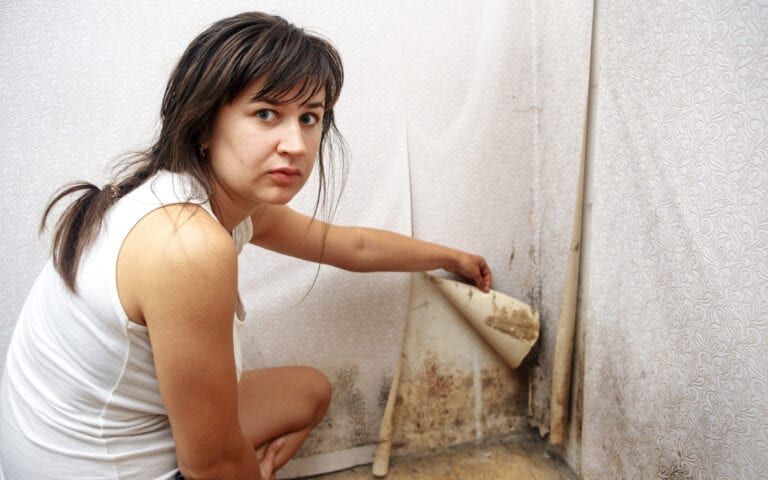Image: https://www.shutterstock.com/image-photo/dirty-sink-toothbrush-tap-bathroom-563334094
Out of the many causes of tooth decay, plaque is the most universally well-known. The CDC cites that 1 in 5 children between the ages of 12 and 19 have at least one untreated tooth, and for adults, more than 1 in 4 adults throughout the United States has untreated tooth decay. Because cavities are such a common occurrence, they’re most often accredited to poor hygiene and carbohydrate and sugar diets as the primary causes. While those reasons stand true, some research suggests that other outside influences, such as black mold in homes, can potentially contribute to cavity development.
How Cavities and Mold Cause Problems
Medications, poor oral hygiene, insufficient diets, and other health-related problems often contribute to cavities. Cavities develop from plaque, a sticky film substance that contains strains of bacteria that love feeding on sugars, carbohydrates, glucose, and other substances along and on the teeth. These forms of bacteria love to infest our mouths because our mouths are a warm, moist place, most often vulnerable to these ailments.
So, how does mold come into the picture? When we talk about mold, we’re talking more about how our environment can influence our health. Mold infestations from species of fungi such as black mold can inhabit humid, warm areas throughout homes, such as the attic, basement, or inside walls. When they reproduce, they often release toxic spores and mycotoxins, which, when inhaled, make their way through our sinuses and respiratory system. Symptoms such as coughing, sneezing, and trouble breathing are common symptoms of mold infestation but can easily come off as the flu or other forms of viruses such as Covid-19.
So, where does the difference lie between the flu and a mold infestation? Dry mouth is one of the symptoms that leads to other oral health diseases. Having a dry mouth doesn’t allow our mouths to produce saliva, impacting our ability to wash away harmful bacteria and thus can lead to cavities, gum disease, and tooth loss. In combination, having a dry mouth that reoccurs due to mold infestations can make caring for your oral health exceedingly difficult.
Although research is still needed to validate this connection, having a dry mouth can present serious side effects when not treated, including:
- Increased Tooth Decay
- Yeast infections
- Mouth Sores/Ulcers
- Cracked Lips
- Poor Nutrition
- Cavities/Gum Disease
What We Recommend For Dry Mouth Symptoms
If you believe you have a mold infestation, it’s essential to use resources provided by FEMA and look to your dentist for treatment for your dry mouth symptoms. It’s best to visit your dentist because they can help you recover from the mold and provide long-term treatment plans to help you have good oral health for your family. For more information, contact your primary dentists to arrange an appointment today and get treatment for your dry mouth.




